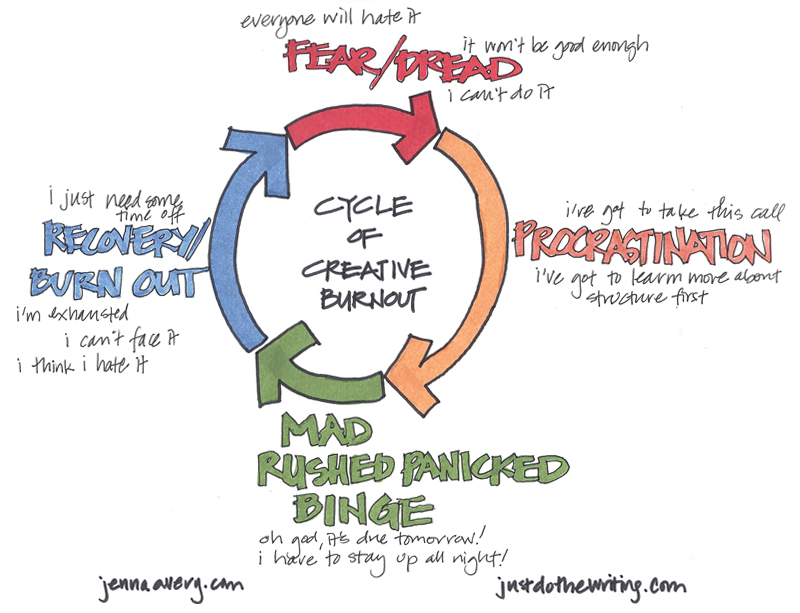I mentioned in a recent post that I’ve written “in the past” about choosing your “three big rocks” for the year. Turns out “the past” was 2007 (!), so I thought it was worth sharing again.
I believe this idea has tremendous validity in our overly busy world.
Turns out, when we focus our efforts on the important things we want to accomplish and create with our lives, we are more productive and we are happier.
The Three Big Rocks concept has been spread by Stephen Covey, author of The Seven Habits of Highly Effective People.
I’ve heard it told a number of different ways. Here’s an abridged version:
A time management expert places a large wide-mouthed jar on the table, and then puts several large rocks carefully into the jar. When the jar is packed to the top, he asks, “Is this jar full?”
Everyone watching says, “Yes.”
He says, “Really?” He adds pebbles into the jar and the group watches as they work themselves down into the spaces between the big rocks.
Then he asks again, “Is this jar full?”
By this time, the group is skeptical. “Maybe not,” they say.
“Good!” he answers. He adds sand to the jar and it fills in the spaces left between the rocks and the pebbles.
Once more, he asks, “Is this jar full?”
“No!” they shout.
Once again, he says, “Good!”
Then he takes a pitcher of water and pours it in until the jar is full to the brim.
He then looks at the group and asks, “What do you think is the point of this Illustration?”
One eager beaver raises her hand and says, “The point is, no matter how full your schedule is, if you try really hard you can always fit more things in.”
“No,” the speaker replies, “that’s not my point. The Truth is: If you don’t put the big rocks in first, you will never get them in at all.”
We have to pick out what our “Big Rocks”, organize our priorities around those, and only then look at what else we want to add into the remaining interstitial spaces of our lives.
No more of this “I have to take care of [8 million small things] before I can put my attention on my writing.” Trust me, it doesn’t work. Where you put your attention is what you get more of.
I’ve learned to put my focus on only three big rocks for any given day, and for the year as a whole as well.
Writing, of course, is always one of my big rocks. I manage to get MOST of the little things done as well. And the rest of them? Well, they aren’t usually that important.
For this year, my three big rocks are my kids, my writing, and my business.
For today, my three big rocks are working on this blog post, working on my script, and writing two testimonials for my beloved coaches.
What are yours?
Powerful questions to ask yourself:
- What are the three most important things I want to accomplish today?
- What are the three big things I want to create or accomplish this year?
- What truly matters to me in terms of how I spend my time?
- How well are my choices matching up with what matters most to me?
You might also like this article I wrote for ScriptMag on the subject of being too busy to write.
Happy writing!















